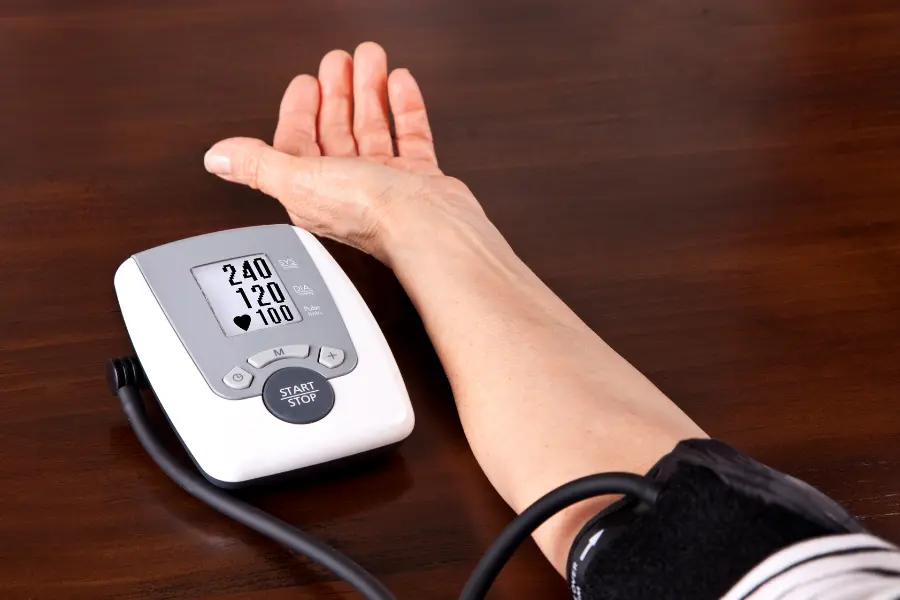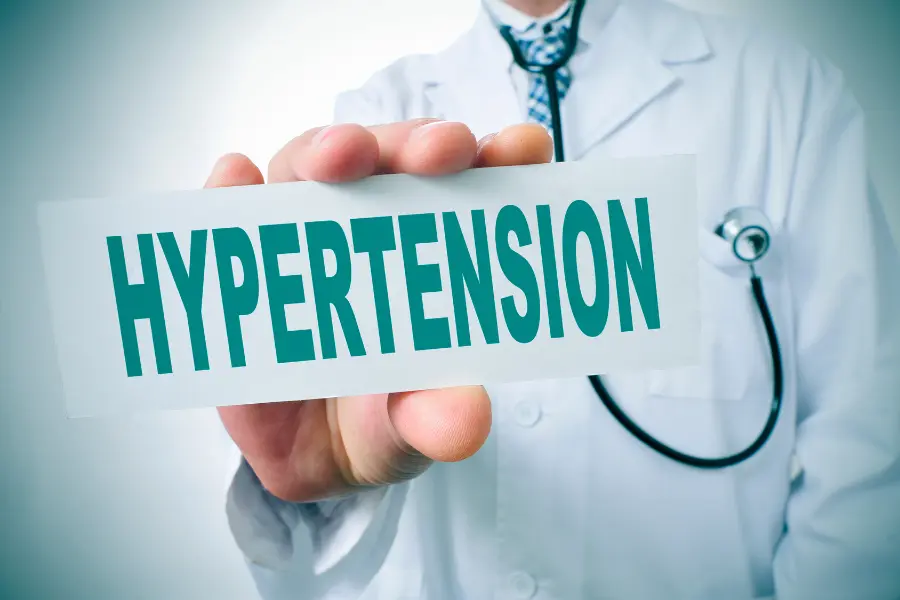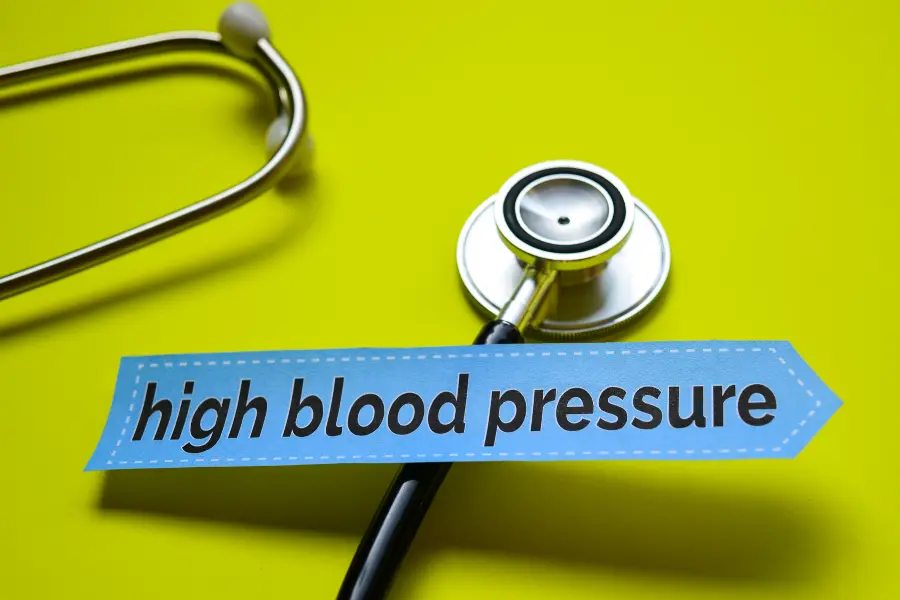High blood pressure is a condition where the force of blood pushing through the arteries elevates. Some of the symptoms include dizziness, fainting, headaches, and trouble concentrating.
It’s important to regularly check your blood pressure because it can increase your risk of heart disease and stroke. When a doctor informs you that your blood pressure is high, it’s time to seek out solutions to stabilize it permanently. High blood pressure is reversible with medication, a change in your lifestyle, and frequent monitoring.
Here is some more important information on high blood pressure and how to manage it.
What Is the Cause of High Blood Pressure?
The maximum level of normal blood pressure by age is:
- Before the age of 30: up to 115.5/70.5 mm Hg
- After the age of 55: up to 125.5/80.5 mm Hg
Several factors can cause high blood pressure. They include:
- Obesity or being overweight
- Smoking
- A lot of salt in the diet
- Lack of physical activity
- Sleep apnea
- Older age
- Cardiovascular diseases
- Kidney disease
- Environmental toxins
- Family history
When you discover your blood pressure is high, carefully monitor it to avoid further complications. Home test kits such as those found at Easy Test Hub enable you to monitor BP at the comfort of your home.
What Are the Symptoms of High Blood Pressure?

Some of the common symptoms include dizziness, fainting, headaches, and trouble concentrating. Other symptoms are shortness of breath, chest pains or tightness, heart palpitations or skipping beats, and swelling in the arms or legs. High blood pressure or hypertension leads to hardening of the arteries and damage to the kidneys.
What Can Lower the Risk of High Blood Pressure?
There are several things you can do to reduce your high blood pressure. However, you must first find out why your blood pressure is high, then seek solutions. Some suggestions are:
- Treat underlying health conditions
- Maintain a healthy diet and drink lots of water
- Exercise more
- Reduce weight and stress
- Follow the recommended treatment plan
Exercise helps the body release endorphins, which decrease stress hormone levels and help regulate blood pressure. Also, water dilutes the concentration levels of sodium in your body, reducing the chances of developing hypertension. Drinking two liters of water a day will help keep your blood pressure low and healthy.
Remember to eat more fruits, vegetables, whole grains, and lean protein sources like fish and chicken. Doing so will prevent obesity and conditions such as diabetes and heart disease. Additionally, make sure you’re getting enough sleep each night because sleeping lowers stress hormone levels that contribute to high blood pressure.
Why Should You Monitor Your Blood Pressure When It’s High?
Monitoring your blood pressure enables you to detect any irregularities or fluctuations. You’ll also know whether the treatment plan is working or if adjustments need to be made. When you don’t watch your blood pressure regularly, you may not know the severity of the condition until it has progressed to alarming levels.
Hypertension Is Reversible

Even when you feel healthy, it’s important to monitor your blood pressure because high blood pressure can lead to many health problems. The good news is that once you resolve the causes, you can permanently get rid of hypertension. So, try to maintain a healthy diet, stay physically active, and avoid salt in your diet. Making small changes now can help avoid problems in the future.







